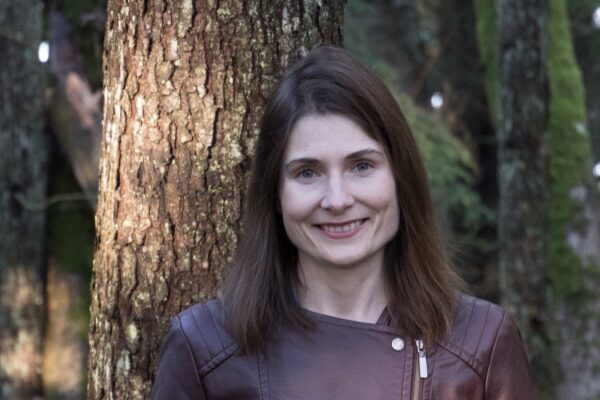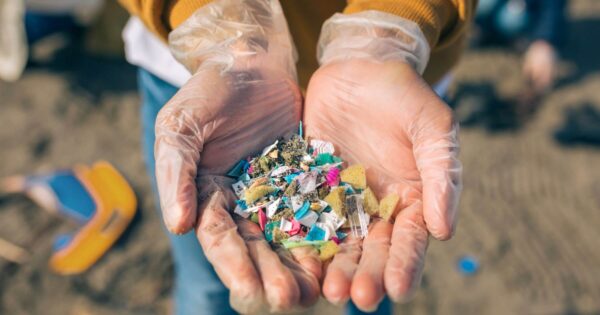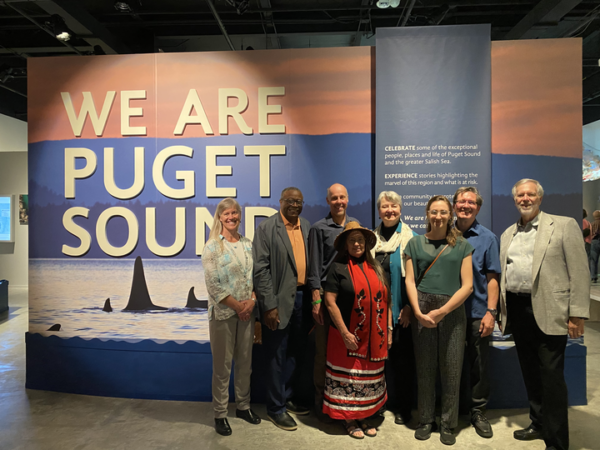The group’s response comes a week after Governor Inslee was briefed on the alarming population decline of the Southern Resident orca as part of the Results WA Initiative. Only 76 individual Southern Resident orcas remain in the waters of Puget Sound, the lowest population count in decades. Governor Inslee agreed that Washington is in a state of emergency with the Southern Resident orcas and solicited ideas for an “advanced focused effort” to recover this iconic species.
“Time is running out for the Southern Resident orca, and we must act now or this species will be gone forever,” said Robb Krehbiel, Northwest representative for Defenders of Wildlife, a member of the Orca Salmon Alliance. “We call on Governor Inslee to form a taskforce with partners from conservation organizations, research institutions, the state of Washington and other stakeholders so that together, we can prevent the extinction of orcas and Chinook salmon.”
“The survival of the Southern Resident orca community depends on recovering Chinook salmon in Puget Sound, the Columbia Basin, Fraser River and throughout West Coast rivers,” said Rein Attemann, Puget Sound advocacy manager with the Washington Environmental Council and member of the Orca Salmon Alliance. “The survival of our orca populations is tied directly to the health of the entire Sound, this should be a wakeup call to our region that our own health, economy and culture are threatened if the Sound isn’t thriving.”
“What we’re looking at now on the risk side for not acting or not acting as aggressively is extinction for Southern Resident orcas,” said Sheida Sahandy, executive director for the Puget Sound Partnership, the state agency leading the recovery of Puget Sound.
BACKGROUND:
The primary goal of the Orca Salmon Alliance is to educate the public about the threats facing the Southern Resident orcas and to act to eliminate those threats. Our specific focus is on improving Chinook salmon runs to reverse the orcas’ decline. The Southern Resident killer whales (SRKW) were listed as endangered under the Endangered Species Act in 2005. While the SRKW face numerous challenges, lack of prey is the most significant threat facing these whales today. Coast-wide, wild Chinook salmon numbers have experienced major declines over the last century due to hydro-electric dams, habitat degradation, poor hatchery practices, and over-fishing. Today, most West Coast river systems associated with wild Chinook salmon runs are experiencing only a small fraction of their historical fish returns. The tribal adage says, “No fish, no blackfish.” Indeed, without more Chinook salmon, the Southern Residents simply will not survive or recover. Time is running out for the whales.
According to the Puget Sound Partnership: Puget Sound is a deep fjord estuary located within the broader Salish Sea, south of the border between the United States and Canada. As a saltwater body, it is far from being uniform. Each basin, carved by recessing glaciers more than 10,000 years ago, varies in its physical, chemical, and biological properties. Together they contain an astounding diversity of life. For the purposes of Puget Sound ecosystem recovery, Puget Sound is defined as all saltwaters inside the international boundary line between Washington and British Columbia and lying east of the junction of the Pacific Ocean and the Strait of Juan de Fuca. It also includes the entire watershed—the rivers and streams that drain into Puget Sound, the lands that drain into those surface waters, as well as the Strait of Juan de Fuca and the San Juan islands.
###
Defenders of Wildlife is dedicated to the protection of all native animals and plants in their natural communities. With nearly 1.2 million members and activists, Defenders of Wildlife is a leading advocate for innovative solutions to safeguard our wildlife heritage for generations to come. For more information, visit Newsroom.Defenders.org and follow us on Twitter @DefendersNews.
Washington Environmental Council drives positive change to address our state’s most critical environmental challenges. For 50 years, WEC has been pivotal to enacting Washington’s most important environmental protections. WEC’s Puget Sound Program focuses on advancing solutions to protect and restore Puget Sound.
Contacts:
Leigh Anne Tiffany, 202-772-0259, ltiffany@defenders.org
Nick Abraham, 425-761-9368, nick@wcvoters.org



